
Lexus LS 460

Photos




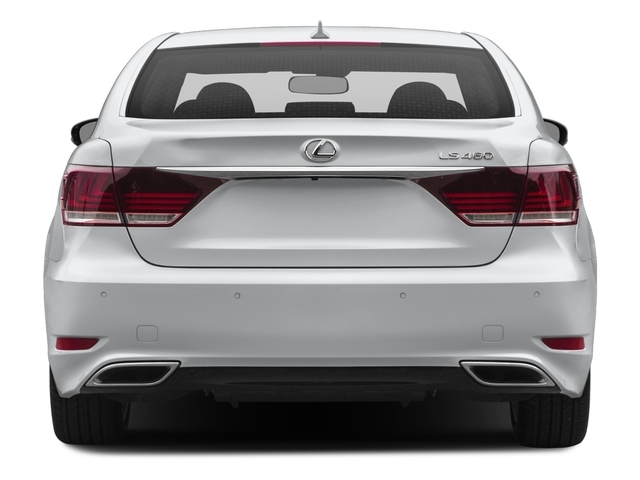
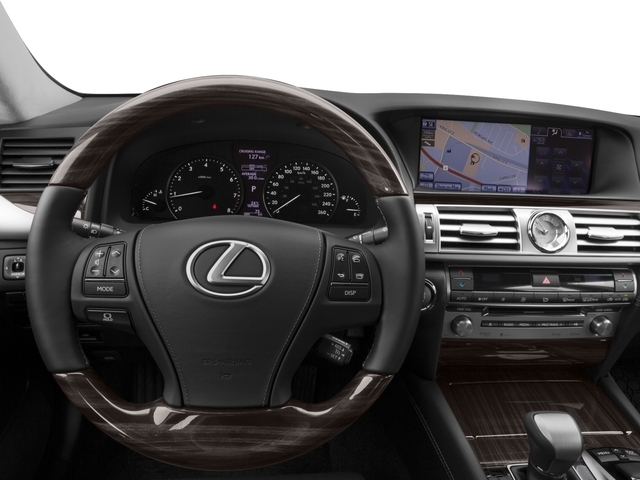

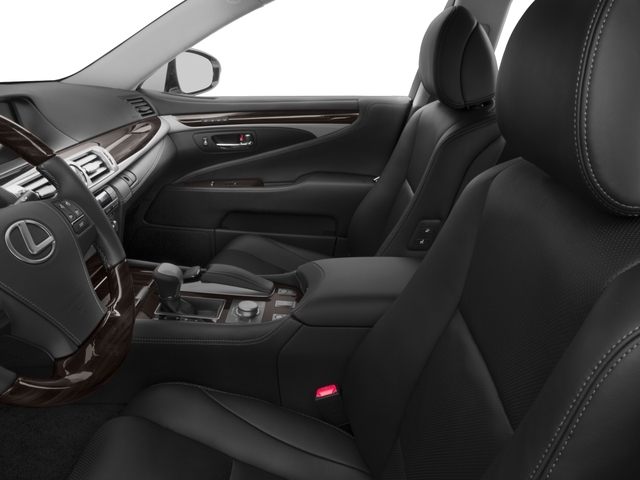
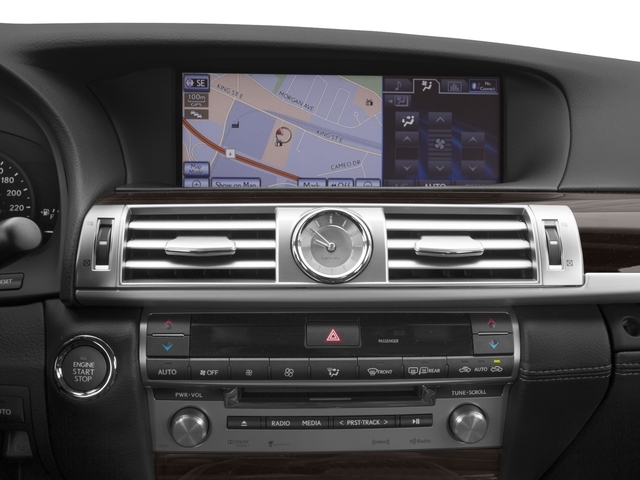
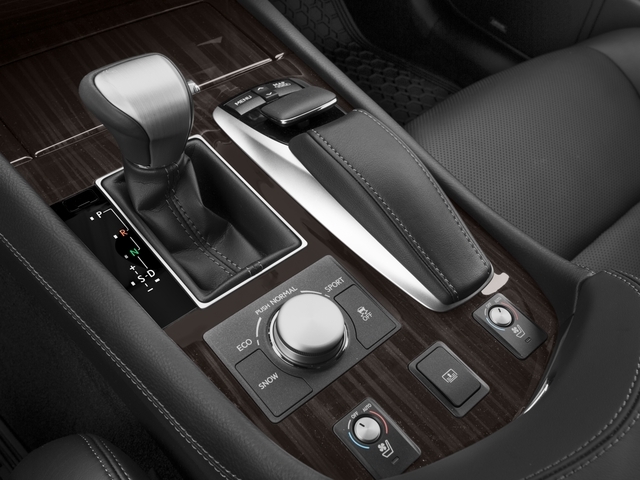
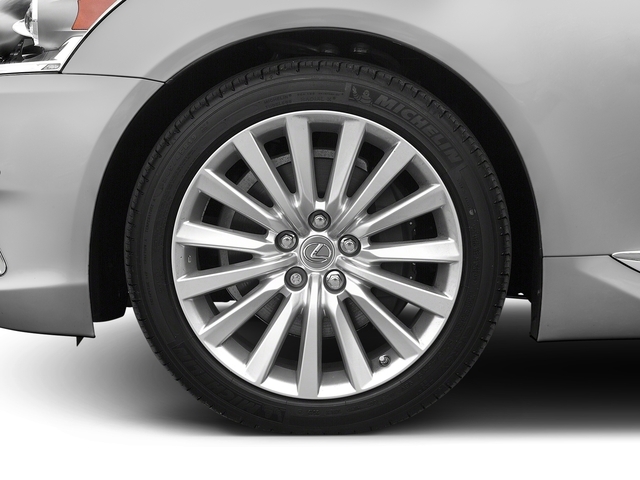
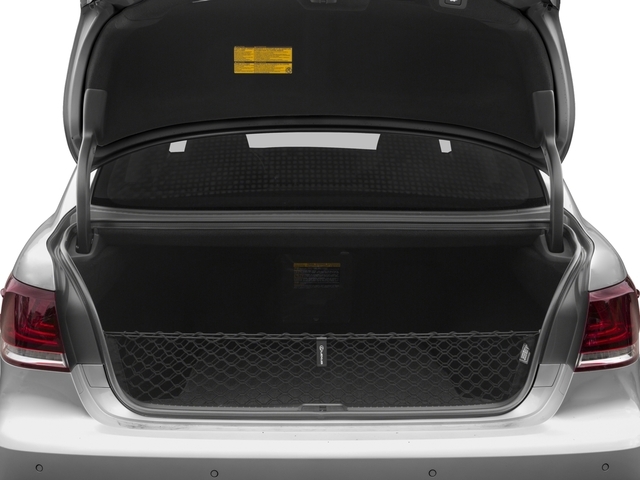
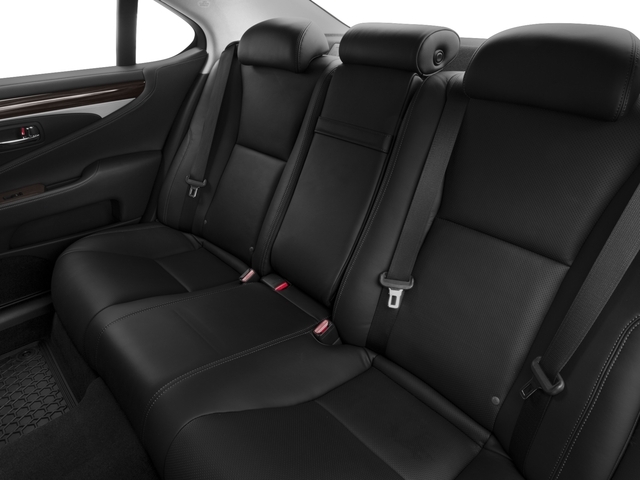
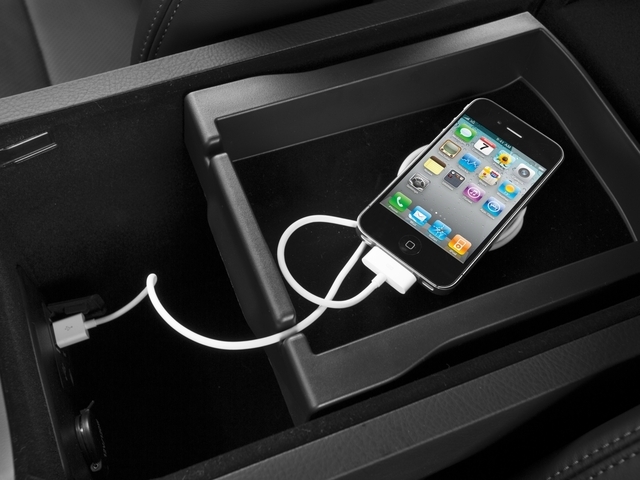
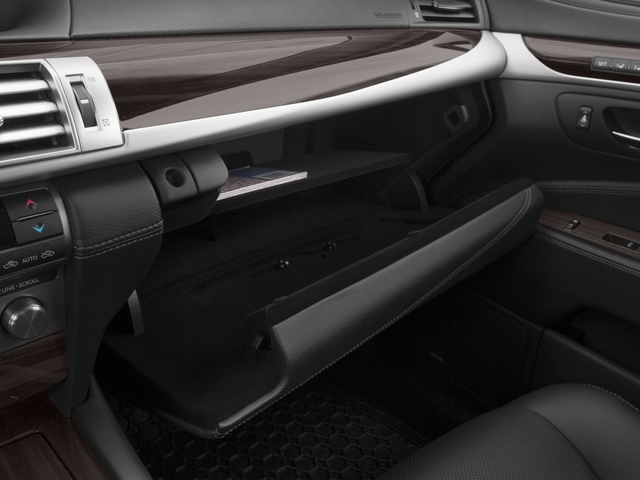
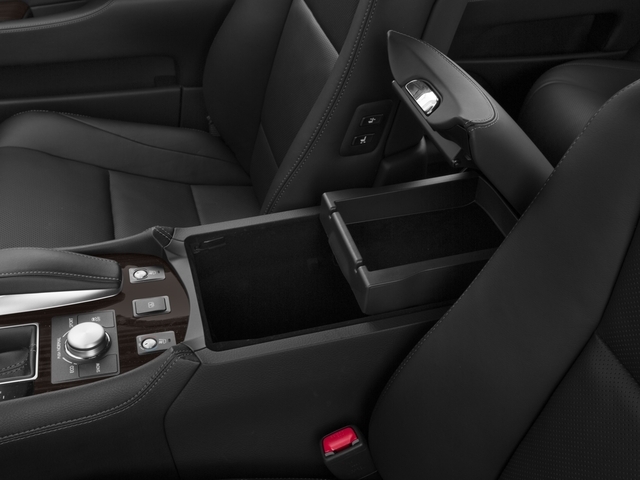
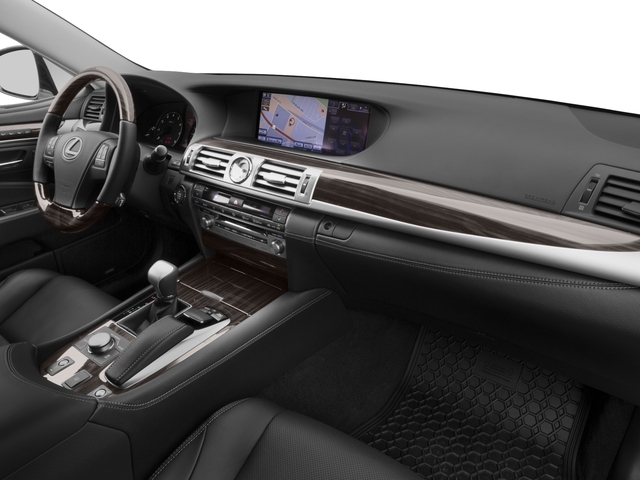
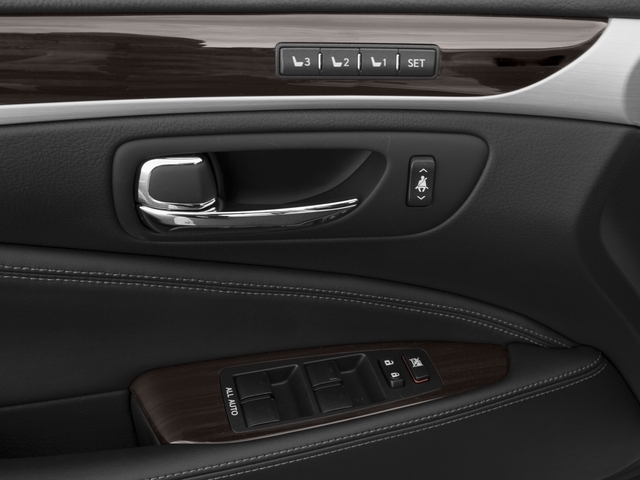
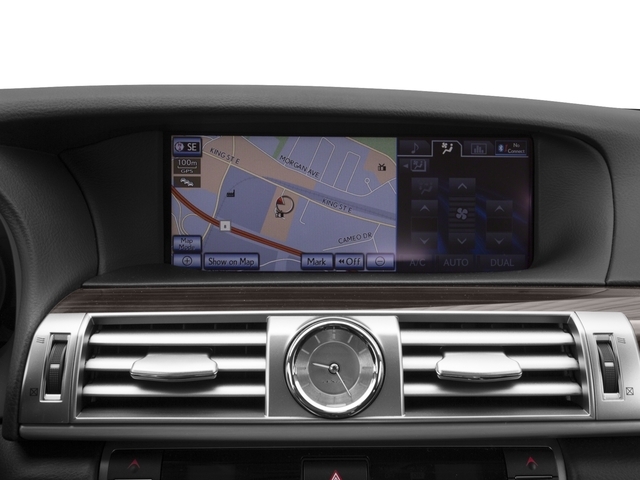



















Reviews and News
Owner Scores
This vehicle has not yet been reviewed
Recall Information
* Data provided by Transport Canada
Recall number
Recall date
System affected
Model year(s) affected
Recall number
2021-723
Recall date
2021-11-24
System affected
Accessories
Model year(s) affected
2007 2008 2009 2010 2011 2012 2013 2014 2015 2016 2017
Manufacturer Recall Number:
SRC XC8/XC9 / SRC RC8/RC9 / SRC RD1/RD2
Units Affected:
51,373
Notification Type:
Safety Mfr
Issue:
This recall is for certain block heater kits installed on certain vehicles or sold as accessories at Toyota or Lexus dealerships.
On certain vehicles, the engine block heater cable may not have enough heat protection and could be damaged by high temperatures. If this happens, the cable could short circuit while plugged in, and cause the wiring to overheat or melt.
Note: This recall only affects the following block heater/cord part numbers:
C014003034 PK5A408J09 PU14000904
C014003151 PK5A408J13 PU14000905
C014000885 PK5A489J11 PU14000907
C014000888 PK5A489J22 PU14000909
C014000907 PK5A410H00 PU14000911
C014100904 PU14000900 PU14000913
C014100907 PU14000901 PU14003571
C014100911 PU14000902
PK5A408J05 PU14000903
Safety Risk:
Engine block heater wiring that overheats or melts could create the risk of a fire.
Corrective Actions:
Toyota recommends that you should stop using the engine block heater immediately. Toyota will notify owners by mail and instruct you to take your vehicle to a dealer to disable the engine block heater. For some vehicles, the corrective actions for this recall are under development. For others, a new engine block heater cannot be installed, and the owner will receive a refund of the purchase price of the engine block heater.
Recall number
2020-514
Recall date
2020-10-28
System affected
Fuel Supply
Model year(s) affected
2014 2015
Manufacturer Recall Number:
SRC RB3 & SRC RB4
Units Affected:
109,189
Notification Type:
Safety Mfr
Issue:
On certain vehicles, the low-pressure fuel pump could fail. If this happens, then engine may run rough or may not start and the check engine light may turn on. This could also result in a sudden loss of engine power while driving.
Note: This recall is an expansion of recalls SRC R95/SRC R96 and SRC RA2/SRC RA3 (Transport Canada Recall Numbers 2020-005 and 2020-088).
Safety Risk:
A sudden loss of engine power could increase the risk of a crash.
Corrective Actions:
The company will notify owners by mail and instruct you to take your vehicle to a dealer to replace the fuel pump.
Recall number
2020-088
Recall date
2020-03-04
System affected
Fuel Supply
Model year(s) affected
2014 2015
Manufacturer Recall Number:
SRC RA2 / SRC RA3
Units Affected:
111,835
Notification Type:
Safety Mfr
Issue:
On certain vehicles, the low-pressure fuel pump could fail. If this happens, then engine may run rough or may not start and the check engine light may turn on. This could also result in a sudden loss of engine power while driving.
Safety Risk:
A sudden loss of engine power could increase the risk of a crash.
Corrective Actions:
The company will notify owners by mail and instruct you to take your vehicle to a dealer to replace the fuel pump.
Recall number
2014-458
Recall date
2014-10-16
System affected
Fuel Supply
Model year(s) affected
2007 2008 2009 2010
Manufacturer Recall Number:
SSC255
Units Affected:
18,949
Notification Type:
Safety Mfr
On certain vehicles, the fuel delivery pipes in the engine compartment may have been produced with particles from the anti-corrosion plating on the gasket seating surface where the fuel pressure sensor is installed. This could affect the sealing properties of the gasket seated between the pressure sensor and the pipe, potentially resulting in a fuel leak. A fuel leak in the presence of an ignition source could result in a fire causing injury and/or property damage. Correction: Dealers will replace the gasket and repair the gasket seating surface.
Recall number
2010-221
Recall date
2010-07-05
System affected
Engine
Model year(s) affected
2007 2008
Manufacturer Recall Number:
119, 122
Units Affected:
3,702
Notification Type:
Safety Mfr
On certain vehicles, the material composition of the engine valve springs may include micro-foreign objects, which may compromise the strength of the valve spring, causing the spring to degrade and break. If a valve springs breaks, abnormal noise and rough engine performance will be noticed and, in the worst case, the engine could fail and stop suddenly while the vehicle is in motion. A sudden engine failure would result in lost propulsion which, in conjunction with traffic, road conditions, and driver's reactions, could increase the risk of a crash causing property damage, personal injury or death. Correction: Dealers will install new valve springs.
Recall number
2010-167
Recall date
2010-05-28
System affected
Steering
Model year(s) affected
2009 2010
Manufacturer Recall Number:
116
Units Affected:
142
Notification Type:
Safety Mfr
On certain vehicles, the steering control Electronic Control Unit (ECU) programming for the Variable Gear Ratio Steering (VGRS) system can cause the steering wheel to become off-centered by up to 90 degrees. This may occur after the driver fully turns the steering wheel in one direction and then quickly attempts to turn it back to the center position. Should this occur while driving, the risk of a crash causing property damage, personal injury or death is increased. Correction: Dealers will replace the steering control ECU.
Recall number
2009-015
Recall date
2009-01-19
System affected
Fuel Supply
Model year(s) affected
2007 2008
Manufacturer Recall Number:
911
Units Affected:
8,391
Notification Type:
Safety Mfr
On certain vehicles, the use of selected ethanol fuels may cause the aluminium fuel rails to corrode. This could result in plugged fuel injector(s), causing a rough engine idle and/or the illumination of the engine warning lamp. Corrosion may also cause a pinhole to develop on the fuel rail, which could result in fuel leakage. Fuel leakage, in the presence of an ignition source, could result in a vehicle fire. Correction: Dealers will replace the fuel rails.
Select Another Vehicle





